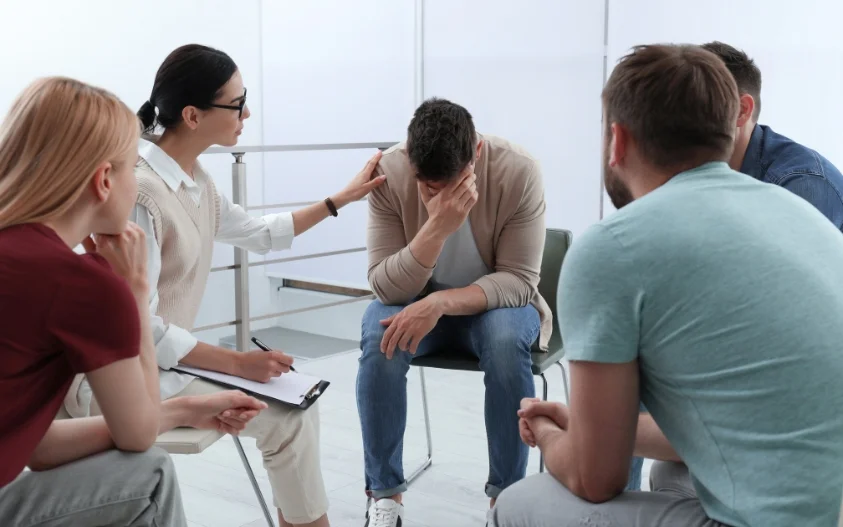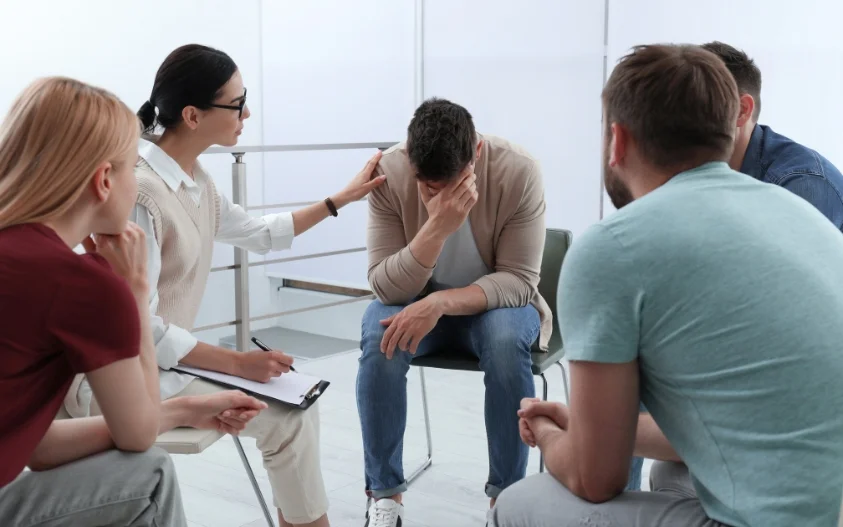24/7 Helpline:
(866) 899-221924/7 Helpline:
(866) 899-2219
Learn more about PTSD Treatment centers in Wise

Other Insurance Options

Health Net

Optum

Cigna

Meritain

Providence

Evernorth

UnitedHealth Group

Optima

MVP Healthcare

Molina Healthcare

Premera

Ceridian

Health Choice

PHCS Network

Humana

Sutter

Sliding scale payment assistance

MHNNet Behavioral Health

Holman Group

Anthem

















